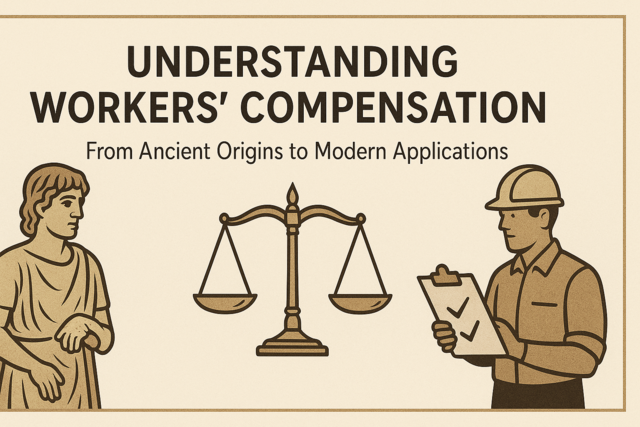Mediation 101
Transform Conflict into Collaboration

11 Hours average completion time
1.1 CEUs
13 Lessons
14 Exams & Assignments
110 Discussions
13 Videos
14 Reference Files
68 Articles
Mobile Friendly
Last Updated February 2026
Mastering Mediation: Your Path to Transforming Conflict into Opportunity
Conflict is inevitable in life, but how we handle it defines us. Imagine having the power to transform disagreements into mutual understanding, tension into resolution, and chaos into clarity. Mediation isn't just a skill; it's a gateway to fostering connection, collaboration, and lasting solutions. Whether you aspire to become a professional mediator or simply wish to navigate conflicts with confidence and empathy, this course will revolutionize the way you approach resolution.
Welcome to Mastering Mediation: A Comprehensive Guide to Conflict Resolution, the course designed to empower you with the tools, strategies, and mindset to resolve disputes with fairness and grace. This isn't just another online class-it's an invitation to embark on a transformative journey that can change lives, starting with your own.
Why This Course Matters
In today's fast-paced, interconnected world, the ability to mediate isn't just valuable-it's essential. Mediation is more than a process; it's a philosophy rooted in understanding, empathy, and trust. And yet, many people view conflict as something to avoid rather than an opportunity to grow. This course flips that perspective, showing you how to harness the power of dialogue and collaboration to create meaningful, lasting solutions.
You won't just learn about mediation-you'll live it. Through an engaging and practical approach, this course takes you deep into the heart of conflict resolution, equipping you with skills that are not only applicable but life-changing. Whether you're resolving workplace disputes, family disagreements, or high-stakes legal conflicts, you'll emerge with the confidence and competence to lead with clarity and compassion.
What Makes This Course Unique?
Unlike other courses that skim the surface, Mastering Mediation delves deeply into the art and science of mediation. This is not a lecture series-it's an experience. With real-world insights, relatable case studies, and step-by-step guidance, you'll learn not just the "how" but also the "why" of effective mediation. You'll uncover the hidden dynamics of conflict, master the art of active listening, and develop the ability to foster trust-even in the most challenging circumstances.
This course doesn't stop at teaching techniques. It transforms your perspective, equipping you to see conflict not as a threat, but as an opportunity to build bridges and foster growth. You'll gain the practical skills to mediate any situation and the personal insight to bring calm and resolution to even the most complex disputes.
The Benefits You'll Gain
By the end of this course, you won't just understand mediation-you'll embody it. Imagine the confidence of walking into any conflict and knowing you have the skills to guide all parties toward a fair, lasting resolution. Picture yourself becoming the person everyone turns to for clarity, fairness, and solutions. Whether you're seeking to advance your career, improve your relationships, or create a more harmonious community, this course will unlock doors you didn't even know existed.
Don't settle for conflict that divides-become the catalyst for resolution that unites. Enroll in Mastering Mediation today and take the first step toward a future where your ability to resolve conflict transforms lives, including your own. The world needs skilled mediators now more than ever. Are you ready to answer the call?
- Empowering others through effective communication
- Applying ethical practices in mediation
- Active listening for understanding and empathy
- Proactively mitigating mediator liability
- Conflict resolution and negotiation skills
- Ensuring confidentiality in sensitive exchanges
- Building trust in difficult situations
- Crafting comprehensive
- accessible mediation agreements
- Facilitating open
- balanced discussions
- Transforming disputes into collaborative dialogue
-

Understanding Workers' Compensation
-

Workplace Safety
-

Procurement Management
-

Leadership and Supervision
-

Psychology 101
-

Workplace Violence: A Guide to Responding and Preventing
-

Leadership Skills for Managers
-

Mindfulness in the Workplace
-

Collaboration Skills
-

Management Essentials
-

Respectful International Workplace
-

Preventing Workplace Harassment
-

Stress Management
-

Introduction to Counseling Psychology
-

Talent Management for Business
-

Depression Management
-

Confidence Building
-

Negotiation Skills
-

Human Resources Management
-

Developing Great Social Skills
-

Motivational and Public Speaking
-

The Art of Setting Goals
-

Innovative Thinking Skills
-

Critical Thinking Skills
-

Emotional Intelligence